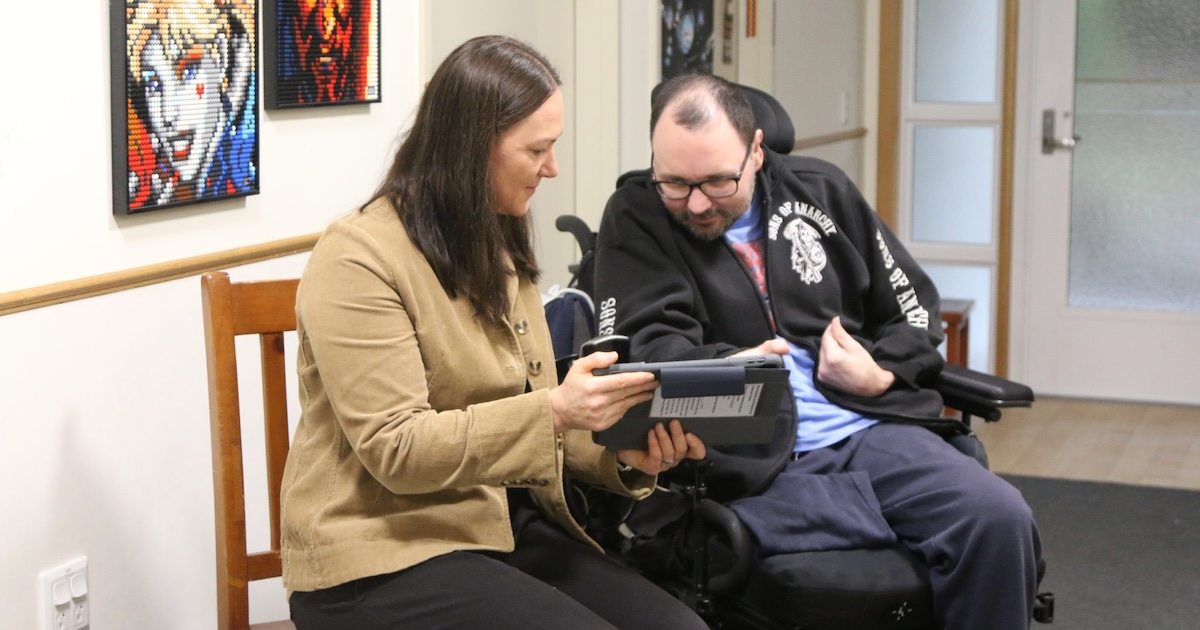A device developed by researchers at the University of New South Wales Sydney's Australian Centre for NanoMedicine can detect very low concentrations of cancer markers in blood tests.
The sensor can detect biomarkers and single molecules at much lower levels than current blood tests are able to do, and with the ability to provide results within several minutes.
Cancer biomarkers – also known as tumour markers – are produced by the body in response to cancer growth. The "nanopore blockade sensor" developed by the research team is able to analyse these biomarkers at a single molecule level.
The device, which can be used on whole blood samples regularly taken at pathology labs, could one day help doctors diagnose cancer at its earliest stages.
However, the research team noted the technology is about five to 10 years away from being available to patients, and would require additional research and trials.
"Developing ultrasensitive cancer marker sensors is critical because it allows for very early detection after the cancer has occurred but before any symptoms start appearing," Justin Gooding, a professor from the School of Chemistry at UNSW Science, said in a statement. "The best way to cure cancer is to detect and diagnose it early."
The device, which can be used on whole blood samples regularly taken at pathology labs, was developed with the aid of biologists from UNSW's Lowy Cancer Research Centre.
The sensors use magnetic particles to capture biomarkers and bring them to one of numerous small pores pushed past a silicon membrane, and if a magnetic nanoparticle has captured the biomarker, it will block the pore. The biomarkers can be added up, one molecule at a time, by counting which pores are blocked.
"This is a really hot area in cancer research, especially as it could potentially have a substantial impact as an effective means to estimate how effective treatment will be and assess how likely it is for cancer to reoccur," Gooding explained.
The device will be presented next week at the annual International Nanomedicine Conference in Sydney, which is hosted by the ACN.
Cancer researchers at the university have already developed a promising nanomedicine that could improve treatment for pancreatic cancer, the most deadly cancer in Australia.
The UNSW-led research, published in the Biomacromolecules journal, could potentially lead to development of improved therapies to target the drug-resistant cancer and heighten the effectiveness of current chemotherapies, in turn increasing the survival rates and general quality of life for pancreatic cancer patients.
